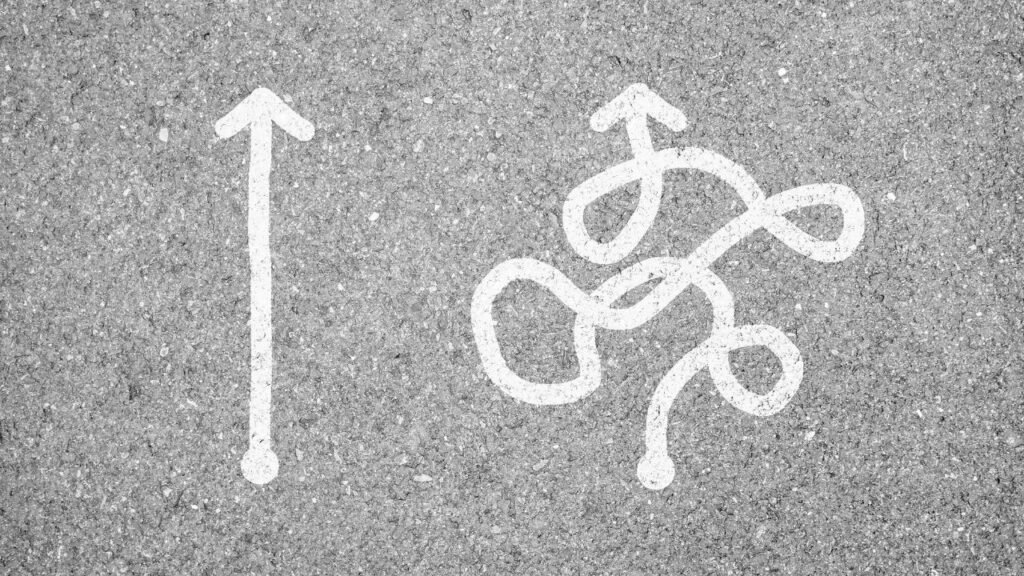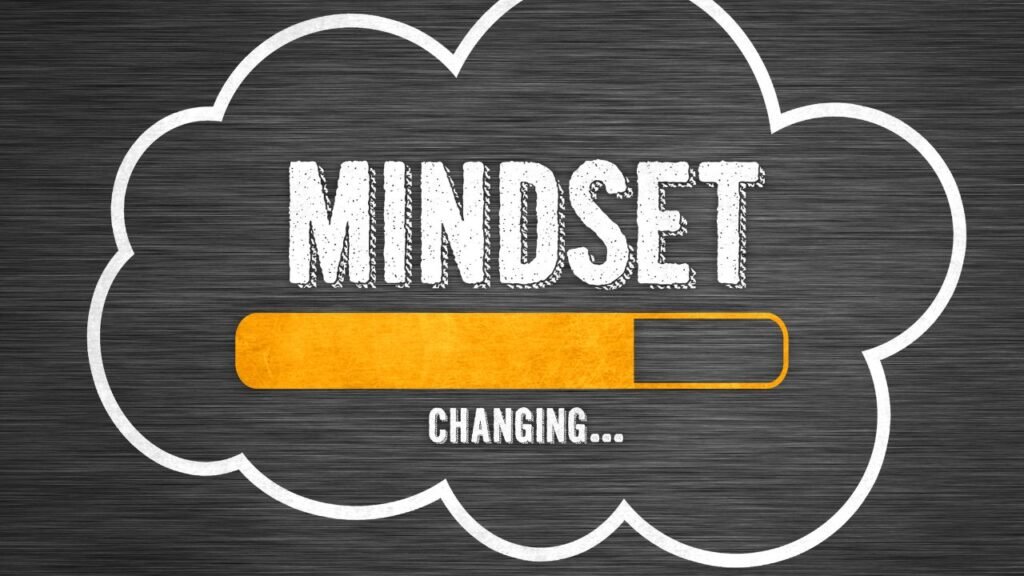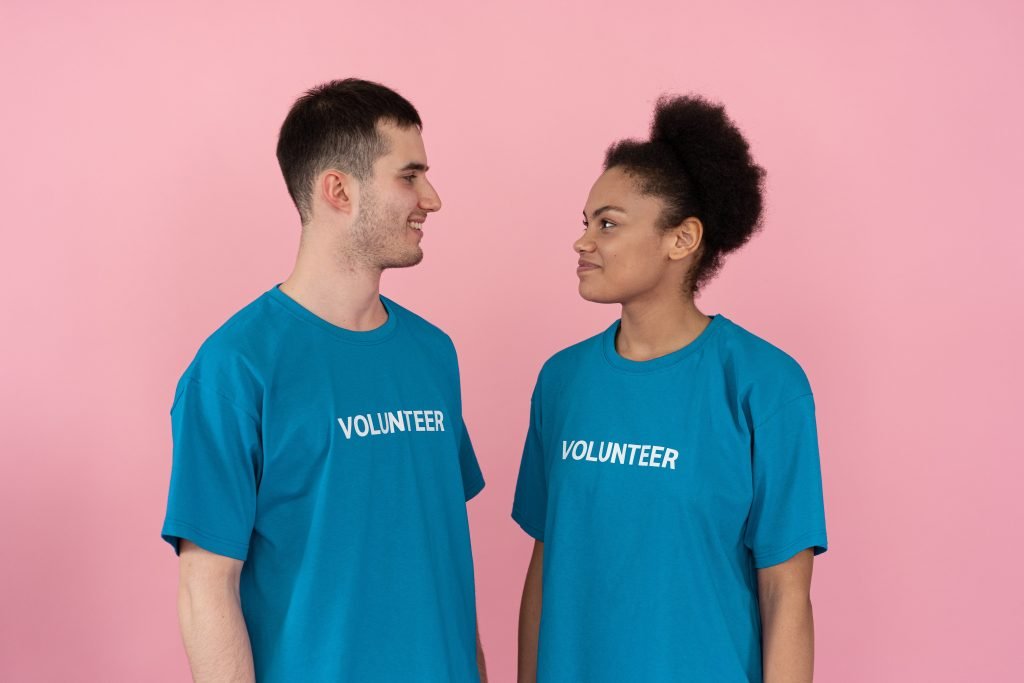Change is tough, isn’t it? You might be working on your work-life balance, trying to break a habit or shift a pattern of behaviour, but have you ever found it harder than expected? Maybe you noticed something about yourself that you weren’t particularly proud of, or perhaps you felt guilty about how a certain habit was affecting other areas of your life.
It’s easy to assume that once we’re aware of a problem, we can fix it. But reality? It’s not that simple.
Sometimes, just being aware of something gives us a false sense of progress. A GP might attend a well-being seminar, recognise their stress patterns, and leave feeling motivated to make a change, only to find themselves back in the same cycle a few weeks later. Why?
Don’t get me wrong, getting a diagnosis is hard enough just like going for a seminar or reading this blog. However, awareness alone isn’t enough. It’s like diagnosing an illness, writing a prescription, but not taking the medication.

The brain thrives on familiarity. It craves ease and predictability and often resists the unknown. Even when we recognise that something is not good for us, we tend to revert to old habits because they feel safe.
For instance, a GP who understands the benefits of leaving work at work might still find it difficult to disengage after a long day. This struggle occurs because their brain and body have been conditioned to prioritise medical conversations over dinner table small talk.
And let’s not forget the emotional side of habits. Saying “yes” to extra work out of guilt or a sense of duty despite knowing the risks of burnout and staying in patterns that don’t serve us.
Other emotional factors like rationalising, fear of loss, emotional overwhelm of feeling too stressed to change, or identity threat make us experience shame, insecurity, or self-doubt, which further resists change.
Now, if change is hard for individuals, it’s even harder for organisations. It takes strong leadership, clear direction, and real buy-in from everyone involved to shift workplace culture. Read more here.
So, how do you make change stick?
1. Knowledge, Knowledge, Knowledge
Take time to reflect. Journaling, seeking feedback, and understanding your own motivations can help you navigate change with more confidence. Ask yourself: Why do I do this? What’s holding me back? The more self-awareness you develop, the easier it is to shift your patterns.
Also, pay attention to how others behave and react in different situations to gain a broader perspective.
2. Action, Action, Action
Don’t just think—do. Step outside your comfort zone. Set boundaries. Learn to say no. Create systems that support your well-being, hold yourself accountable, and reinforce new habits until they become second nature.
Overcoming resistance requires gradual exposure, reframing fear as an opportunity, you have nothing to fear than yourself and reinforcing small wins will rewire the brain for long-term adaptability.
Consider seeking professional support: If you are struggling with self-awareness, consider working with a therapist or life coach. Check out Dr Lewis Thomas’s coaching here.
So, what about you? Have you ever struggled to change a habit, even when you knew it wasn’t serving you? Or has awareness alone ever been enough to break the cycle? Let me know in the comments below.
Best wishes in your career.
Read more about how to go from career frustration to fulfilment here.



